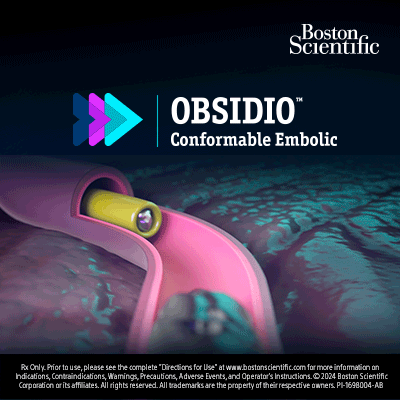SIR 2025
Interventional Oncology
Scientific Session
Ultrasound-guided cryoablation for breast cancer ineligible for surgery: A single-center experience
.jpg)
Yuan-Yuan Ye, MD
Attending Physician
Zhongda Hospital, Southeast University, China (People's Republic)- QZ
Qi Zhang, MD, PhD
Attending Physician
Zhongda Hospital, Southeast University, China (People's Republic) - CZ
Chu Hui Zeng, MS
Researcher
Asan Medical Center, University of Ulsan College of Medicine, Republic of Korea - HZ
Hai-Dong Zhu, n/a
n/a
Center of Interventional Radiology and Vascular Surgery, Department of Radiology, Zhongda Hospital, Medical School, Southeast University, China (People's Republic) - HS
Hui-Ming Shen, MD
Attending Physician
Zhongda Hospital, Southeast University, China (People's Republic) - WL
Wan-Hua Liu, MD
Chief Physician
Zhongda Hospital, Southeast University, China (People's Republic) - YZ
Ya-Nan Zhang, MD
Chief Physician
Zhongda Hospital, Southeast University, China (People's Republic) - HH
Hao-Lin Hu, MD
Associate Chief Physician
Zhongda Hospital, Southeast University, China (People's Republic) - ZQ
Zhi Qin, BS
Chief Technoligist
Zhongda Hospital, Southeast University, China (People's Republic) 
Gao-Jun Teng, MD, FSIR
President of the hospital
Zhong-Da Hospital, Southeast University, China (People's Republic)
Presenting Author(s)
Author/Co-author(s)
To evaluate the safety and feasibility of ultrasound-guided cryoablation for breast cancer ineligible or refused for surgery.
Materials and Methods: In this retrospective study, women with breast cancer who were ineligible for or refused surgery underwent ultrasound-guided cryoablation and adjuvant therapy, as appropriate, from April 2020 to April 2023 were included. The endpoint was tumor progression assessed by mRECIST on both contrast-enhanced ultrasound and dynamic contrast-enhanced magnetic resonance imaging. Pain assessment using visual analog scale, complications, and cosmetic satisfaction were also evaluated.
Results:
Seventeen patients receiving successful cryoablation were included in the study, and 16 received adjuvant endocrine therapy. The mean age was 71.2 years (range, 53–84 years). The mean tumor diameter was 2.10 cm (range, 0.52–5.70 cm). During a mean follow-up period of 27.8 months (range, 12–36 months), the complete response rate was 100%. The visual analog scale indicated mild pain in 17.6% (3/17) of patients. No severe procedure-related complications were reported, and cosmetic satisfaction reached 100%.
Conclusion: Ultrasound-guided cryoablation for breast cancer is a safe and feasible treatment in women who are ineligible for or refuse surgery.


.jpg)